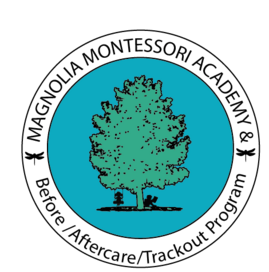learn about our Kindergarten program
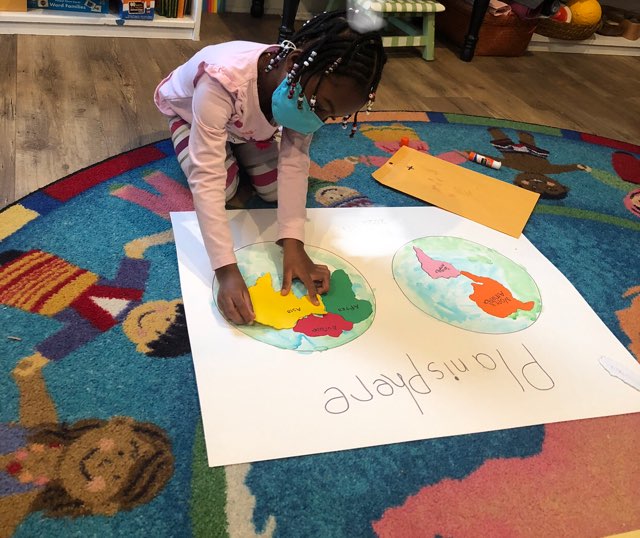
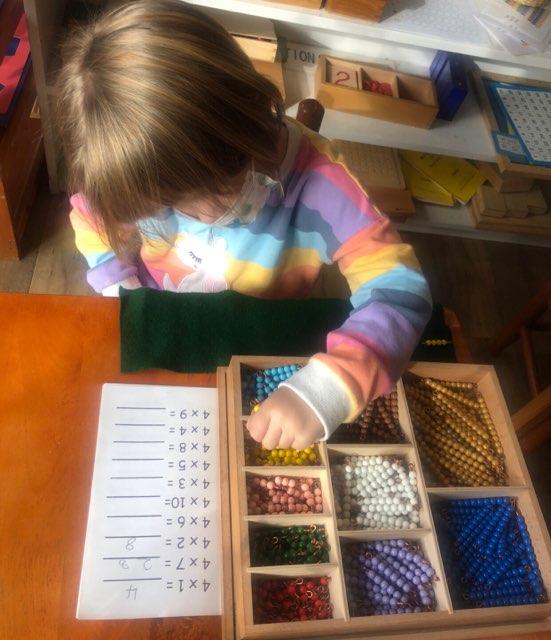
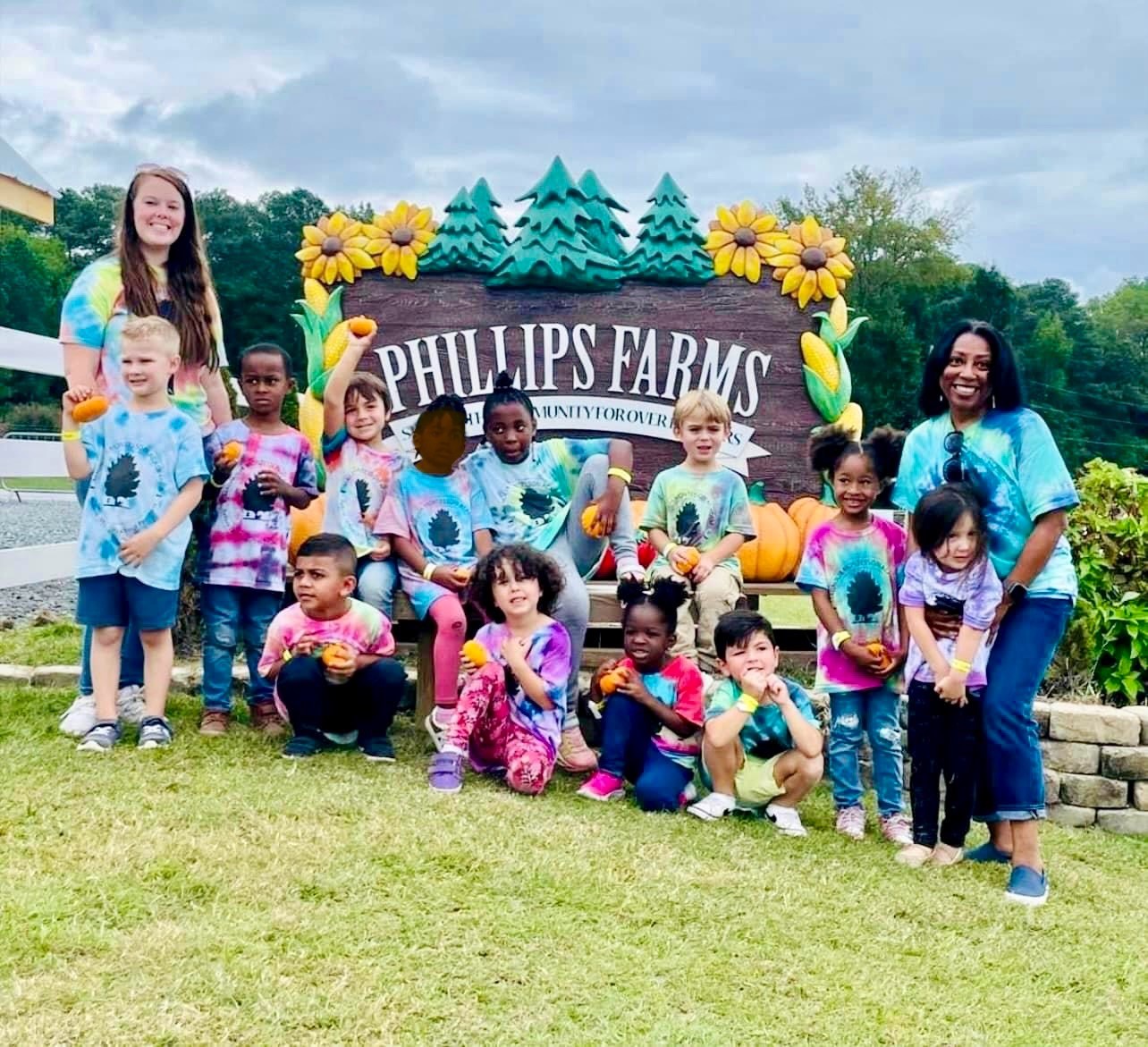
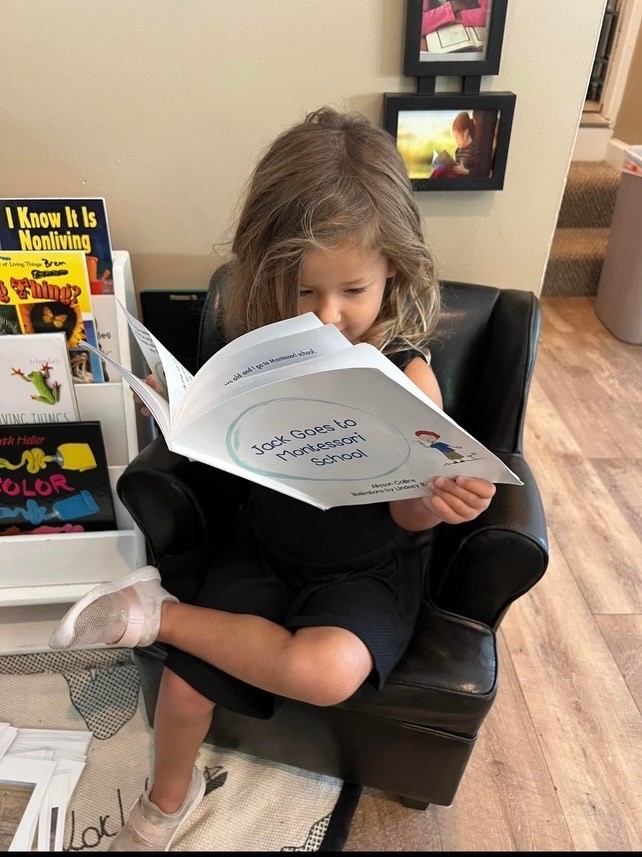
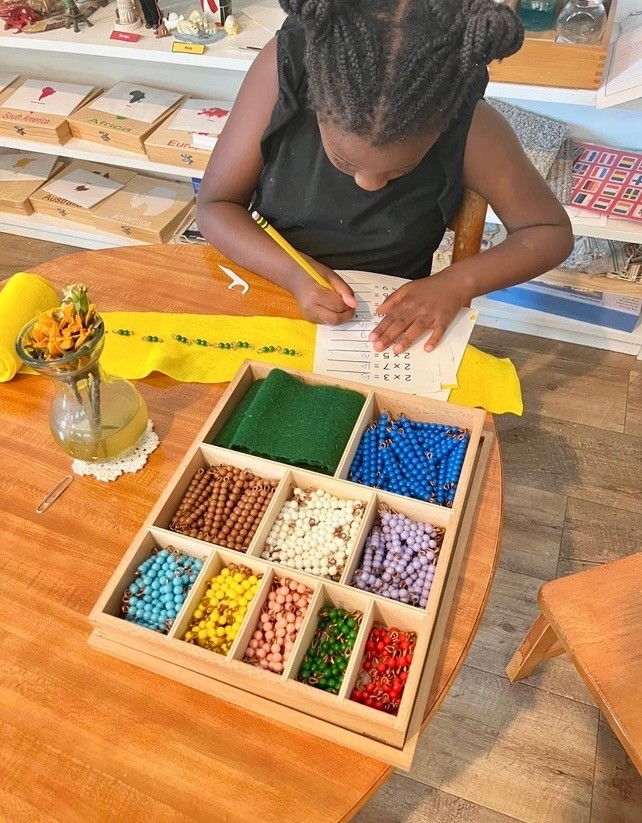
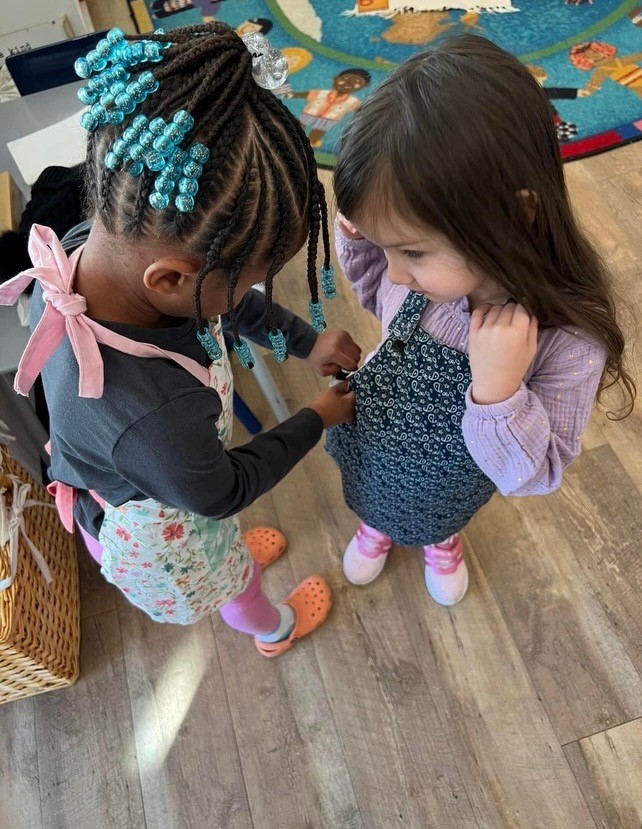
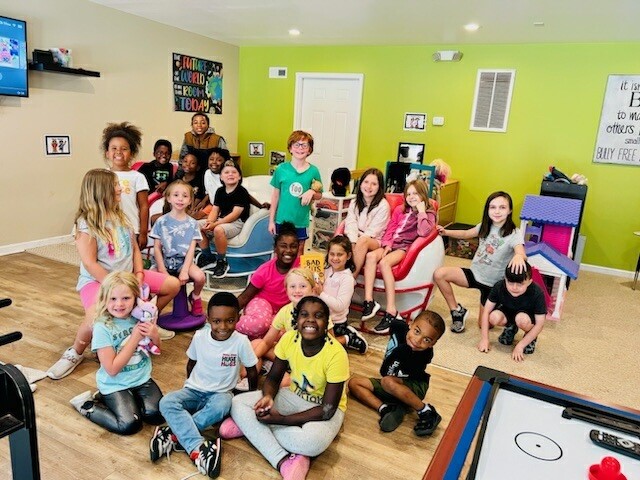



Kindergarten Year at Magnolia Montessori Academy
Our Montessori program is developed for children five to six years of age. Children must be five years old before our cut off date of October 15th to be accepted.
Kindergarten is a special time in a child’s Montessori education. Those who have had the opportunity to complete two full years in the Montessori preschool class, are familiar to the environment. They know the daily routines inside and out; their teachers know them well and can readily work with their strengths and encourage them to take on challenges.They are conscious of being the oldest students in the room, having lived through two years of classroom transitions, starting when they were three. It is during this third year that you (and they) will witness the “explosion of learning” that Maria Montessori observed more than 100 years ago.
Children who start Montessori during their kindergarten year can adapt quickly and have the opportunity to learn Montessori lessons that will prepare them for a lifelong love of venturing and learning. These are qualities that the kindergarten year provides:
• Repetition with the materials that lead to perfection of skills
• They develop the ability to concentrate for long periods of time
• They practice patience when working with materials that require them to follow a lengthy sequence and complete a cycle of challenging work.
• They gain problem solving skills from experiencing situations that allow them to resolve a situation independently.
• They learn to make positive, independent choices.
• They understand the value of constructive, purposeful work.
.
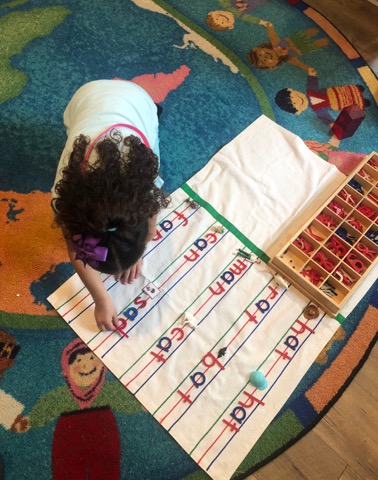
Language for Reading Comprehension
In the area of language, all the work children have done during the first two years with the sandpaper letters, learning the sounds and the symbols of the letters, and building words with the moveable alphabet now forms the foundation for reading. And it’s not just the task of acquiring fluency and comprehension that keeps them busy. There’s also work with nouns, articles, adjectives and verbs, etc, the foundation of grammar, perfecting cursive handwriting, writing stories and so much more.
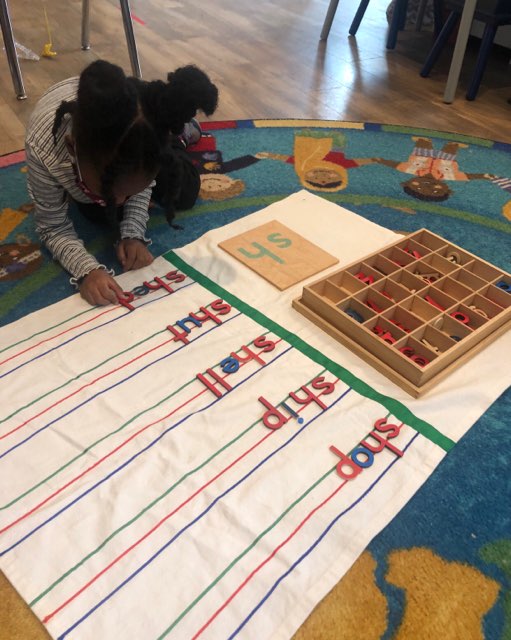
Children Who Value Community
The practical life exercises that engaged and fascinated children when they were younger (e.g., folding, washing, polishing, the dressing frames, etc.) evolve into a commitment to contribute and care for the community.
They will be folding the napkins and placemats so they are ready for snack, preparing snack and sweeping up the crumbs left behind after snack. In the process, they will be taking conscious responsibility to perform tasks that keep the classroom beautiful and modeling this for all to see.
Problem Solving Skills
In the math area, learning to count first from 1 to 10, then to 100, then to 1000, and their concrete experience with the decimal system prepares a kindergartner well for the beginnings of abstraction. Now children can work with the four operations of addition, subtraction, multiplication, and division in a variety of ways and can memorize math facts. This is the first step in the all-important problem solving skills. I could highlight similar examples for science and cultural studies as well.

Developing Leadership Skills
Beyond the academic achievements that take place, kindergarteners in Montessori are given a special and very important role. They are now the “Leaders,” rich with experience and knowledge, which they now regularly get the opportunity to share with their younger classmates. They serve as leaders, helping to guide the younger children, as older students once did for them. This encourages empathy, increased self-confidence and enthusiasm for the learning process, which they can use to adapt to any new situation throughout their life.

READINESS CHECKLIST FOR PRESCHOOLERS (ACADEMY)
Deciding whether your child is ready for preschool can be a lengthy and anxiety inducing process. There are a number of factors to consider, including how ready you are as a parent. Identify whether your child is able to take the big step to preschool by considering the following criteria.
Physical
* Reasonably healthy before starting preschool. Some illnesses are unavoidable, but if your child suffers from an autoimmune disease, infections, or viruses, it might be best to wait until he/she is healthier.
* Displays some fine motor dexterity-able to hold crayons or utensils Social and Emotional Development
* Toilet Trained- out of diapers/pull-ups, and can manage his/her own trips to the bathroom successfully. Magnolia Montessori’s facility is not licensed to conduct diaper changes. Our staff can only offer minimal assistance to your child if he/she has an accident)
* Can separate from parents-some school anxiety is normal
* Exhibits independent behavior- Able to dress and feed self with utensils
* Can interact with other children for the duration of the school day
* Able to concentrate long enough to listen to a short picture book being read aloud and adult-directed lessons
* Is able to be redirected with minimal levels of frustration Language
* Can communicate own needs- they might not have the right words to express feelings or needs, but some ability to communicate needs or wants IS necessary Work Habits
* Is comfortable with routines and schedules * Has stamina for the school day
* Can follow directions The gift of a Montessori Children’s House experience will provide a solid foundation for a successful future in school.
If you worry that your child might not be ready for preschool, rest assured that by practicing these listed skills at home, you will help your little one prepare for preschool.
